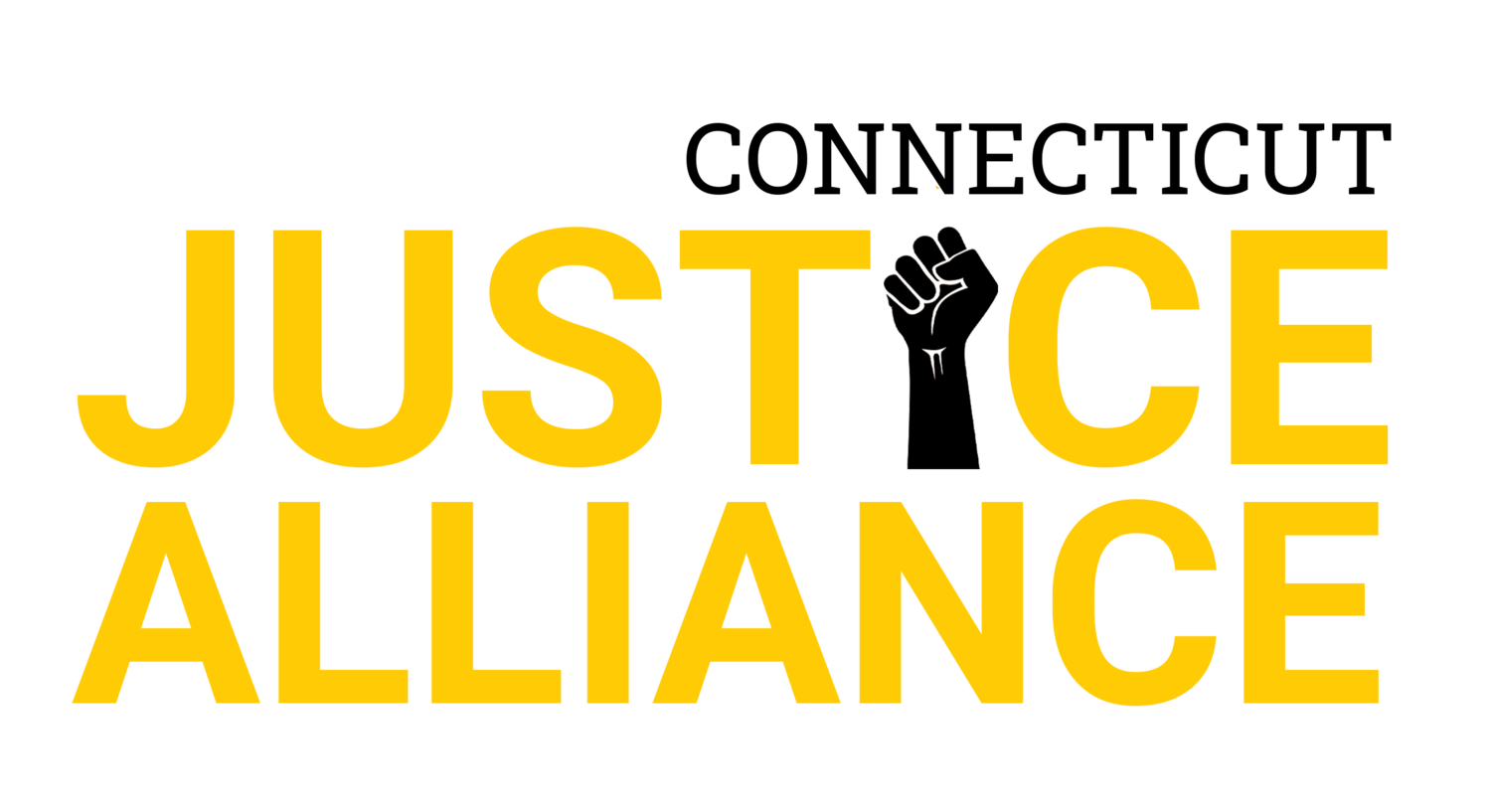CTJA's Iliana Pujols testifies before the state's judiciary committee on bills SB 387 and HB 5418
Dear Chairs Senator Winfield and Representative Stafstrom and members of the Judiciary Committee, My name is Iliana Pujols and I am the Policy Director of the Connecticut Justice Alliance (CTJA). I’m writing this testimony to communicate my strong support for section 3 of SB 387, and my strong opposition of SB 386 and section 10 of HB 5418.
I’ve been a part of CTJA since the inception of their youth-adult partnership, the Justice Advisors, which means I have been heavily involved in the work of the Juvenile Justice Policy Oversight Committee (JJPOC) since 2018.
I support the entirety of SB 387, but I wanted to highlight the importance of section 3 as it ties into the reasons why I am opposing the other two bills. Section 3 calls for the expansion of the JJPOC membership by 4 members: 2 directly impacted young people under the age of 26 and 2 directly impacted community members. Directly impacted meaning they feel the impact of the policies passed specific to youth justice, they are the people we’re having conversations about. Since being at the JJPOC, I’ve watched this table transform and try its best to work alongside those impacted, something that not many legislative mandated bodies do. SB 386 and section 10 of HB 5418 work against everything the JJPOC has done to work with communities to fill the gaps in our youth justice system. Both bad bills recommend either creating a new group to take on the tasks that the JJPOC already does, or has the capacity to do, and insults the collaboration efforts of the JJPOC as it aims to create a small, non-impacted, non-inclusive group of decision makers.
As co-chair of the JJPOCs Community Expertise Workgroup, and someone who has been in this youth legal system myself, it’s truly a spit in the face to see that there is effort being made to eliminate the JJPOC, undermine the effort we put in annually, and ultimately keep directly impacted people away from the decision making conversations. We have to do better. There is no expertise that can compare to actually being the person in the system, or the mother of the child in jail, or the sister of the brother on house arrest, or the spouse of someone who's being confined 23 hours a day at the age of 17. Everyone wants to know why kids do what they do but nobody asks them - the JJPOC has taken these baby steps to do just that.
In 2021, we proposed the same recommendation as section 3 of SB 387. It wasn’t passed and nobody knew why. This year we got full support from the JJPOC voting members on this recommendation, and it will truly be shameful to not see it pass again.
If you remember anything I said today, let it be this: I can go on and on about why we deserve the voting seats, but if you’ve been there you know why. The JJPOC has 43 voting members , only 1 directly impacted community member - opinions and experiences from all areas, republican and democrat, on the ground and in the agencies, are currently invited and voting members of the JJPOC. The only seats missing are those who are directly impacted and the only recommendation we should be chasing when talking about creating groups to address or analyze youth crime or policies is passing section 3 of SB 387. We already have all the players connected to the table. If you care about youth crime, you have to care about youth, and if you care about youth, you’d be at every JJPOC and working group meeting that you could make, as we do, and push for them to be voting members. We ask a lot of questions about hypotheticals, but you can’t do that unless you know what it’s like to be in the shoes of these kids and families. To be excluded or siloed because you're not white. To be 17x more likely to be arrested in schools with police because you're black not a criminal. To make up less than 35% of the state’s population but 83% of the state’s incarcerated population - that’s not a coincidence. If you know, you know.

